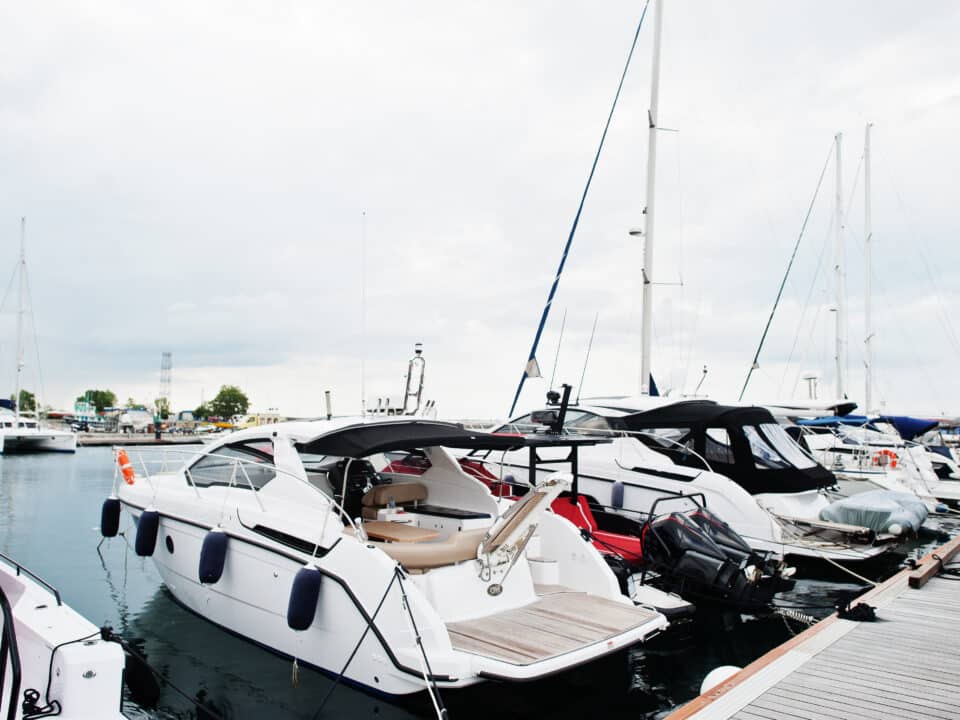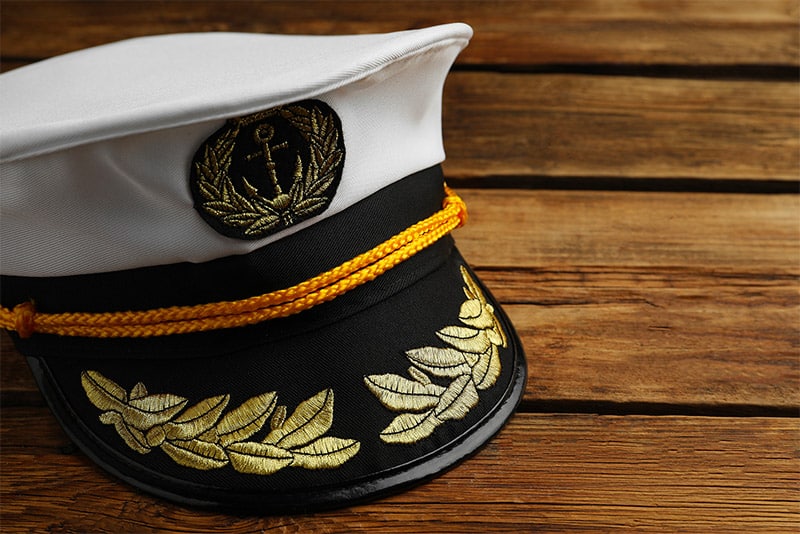
Cafés Thés Debout Marseille
13 November 2016
Le Ponant, the company’s historic sailing ship, is back in all its glory
16 November 2022What kind of engine maintenance do I need for my boat?
Your boat is a small mechanical factory, and 95% of boaters don’t know how to service their engines.
This is not a car that you entrust to your dealer once a year and who returns it to you washed and freshly ironed the same evening.
A boat, even a production boat, is more complex and less homogeneous than a car.
Many components, perhaps installed by the manufacturer, are in fact stand-alone units whose list is long, and which the dealer almost never maintains?
Does he spontaneously drain the desalter? Does he check the hydraulic fluid in the tiller? Does he grease the cylinders? Does he drain the bow thruster?
Maintaining a boat’s engine mechanics is complex. The answer to these questions is often in the negative, as there is rarely a table summarizing the maintenance obligations for all components. More often than not, the boat builder will refer to the manual for the equipment installed, for ease of reference.
The negligence of manufacturers goes even further, since not all on-board equipment is listed with model and serial number.
What’s more, some of the most serious dealers don’t do their job as well as they should. You don’t change a filter because you don’t receive it on time, and sometimes you replace it with a different reference, etc. You don’t change an anode because it’s hard to access, etc.
These little oversights have an impact on the health of your boat. These little things accumulate wear and tear prematurely.
Nothing annoys me more than the mechanic, self-confident and arrogant in the face of your ignorance of mechanical engine maintenance, who replaces one value recommended by the manufacturer with another, the one he has in stock, on the pretext that it’s the same.
One year, I hadn’t checked the work, and my engine wasn’t running as usual, with a bit more smoke. I could feel it in my ears, but it wasn’t very obvious.
At the next service, I noticed that he’d replaced the 2-micron gas oil filters with 20-micron ones; that’s not good for a common-rail diesel engine!
I can understand that you’re not a mechanic at heart, and that a 12″ open-end wrench is a subject of anguish in your hands.
I can also understand that, if you have a beautiful boat, it’s because you work hard to afford it.
BUT, what you absolutely must do this winter.
Gather all the documentation you have on board and read each manual on its maintenance page.
1° /Make a list of each piece of equipment, with model and serial number, as well as maintenance dates and recommendations; quickly scan the manual to see if there are any drawings of grease nipples, as these are sometimes not included in the maintenance table. In your table, don’t forget to include recommendations for consumables (oil iso, quantity).
If you can, it’s a good idea to include spare part numbers for your next order.
2°/ Post your list on the cloud for easy access when you’re traveling.
You’ll be impressed by all the things you never do, or even ignore.
You’re not a handyman and you don’t dare “touch the mechanics”. Your neighbor spends his days in the bilge, doing everything himself.
This is the psychological stratosphere.
First of all, remember that what you do yourself will reduce your bill by an incredible amount. In these times of fiscal strangulation for boaters, that’s no mean feat.
The challenge is to do what’s reasonable on your own, and to ask for measured advice on what you don’t yet know how to do.
1°/ Do what’s reasonable for your boat’s mechanical engine maintenance:
Your dealer is a professional with third-party liability insurance. I entrust him with the maintenance of anything expensive, no matter how simple. I wouldn’t change a filter on a €40,000 engine myself. What’s more, the mechanic needs to keep an eye on the whole mechanical system, and know how to spot any worrying leaks.
For the rest, anode, go filter, generator drain, lubrication, watermaker maintenance, helm hydraulics, learn how to do it. Anyone can do it.
2°/ an immaculate bilge.
At school, I often see “disgusting” bilges. First of all, if your bilge is immaculate, the slightest leak will jump out at you and alert you; moreover, the mechanic who maintains your boat will not only work in better conditions, but above all will be more meticulous, bearing in mind that the owner is demanding. Don’t forget that mechanics work in difficult conditions; they’ll spend fewer hours on board if you make it easier for them to work cleanly.
3°/ ask your neighbor for sparing advice.
That’s a tough call to make. If he does everything himself, he will advise you and teach you the basics, filter, anodes, belts, impeller, etc…
As for the rest, listen to what he has to say, but above all, find out what he has to say. Run away from the guy who tells you that a part is useless and that he’s done away with “all that crap”, that you can replace one specification with another, that he’s found the miracle product at the supermarket for €5 instead of €200.
If you’re not a mechanic by trade, replace consumables only with the models recommended and sold by the manufacturer. You’ll already have saved on labor and VAT, so don’t take the risk of buying cheap bogus filters.
I encourage you, gradually, if you have the time, to take the measure of your boat. To avoid any friction with the mechanic, let him know in advance that you want the parts supplied to correspond exactly to the manufacturer’s recommendations, and that you’ll refuse anything that doesn’t comply. If you provide him with a list of parts and their references, he’ll just have to order them.
If you have the time, work with the mechanic at the same time, if possible right next to him. There’s no better way to maintain your knowledge of boat engine maintenance!



